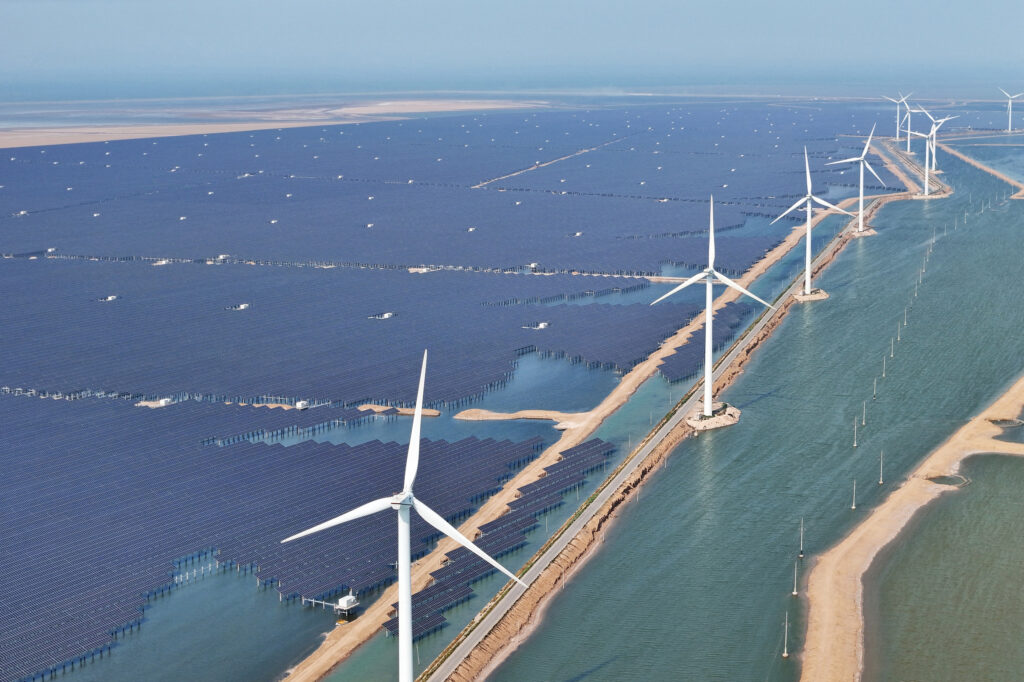Businesses operating across borders are facing slowing growth and an increasing battle for long-term sustainability, according to a new report from KPMG International.
The findings in Top risks forecast: Bottom lines for business in 2024 and beyond attempt to shine a light on the multifaceted, complex challenges facing companies looking to grow internationally at a time of increasing divergence on regulation, conflict, technological advancement and political uncertainty.
The report’s analysis identifies the three most critical risks for businesses right now, known as ‘bottom lines’, likely to impact operations this year and beyond:
- Trade policy restrictions: Global trade restrictions have been on the rise, with approximately 3,000 restrictions imposed, nearly tripling since 2019. This trend of protectionist trade policies poses challenges for organizations operating in international markets. Such restrictions can create barriers and hinder economic growth, affecting supply chains and market access. Organizations should be prepared to navigate these trade policy restrictions and explore alternative strategies to mitigate potential disruptions.
- Vulnerability calling for operational resilience: The geopolitical landscape is characterized by increasing vulnerability, driven by various factors such as rapid technological advancements, climate change, and geopolitical tensions. In 2023, a staggering 91 countries were involved in some form of conflict, a significant increase from 58 in 2008.This escalation of conflict has a profound impact on the global economy, with conflict estimated to have a 12.9 percent impact on global GDP. To mitigate the risks associated with vulnerability, organizations must prioritize operational resilience. This involves implementing proactive risk management practices, conducting scenario planning, diversifying supply chains, and strengthening cybersecurity measures.
- AI Governance Gaps: Artificial Intelligence (AI) has become a transformative force across industries, with investment in AI increasing more than fivefold between 2013 and 2023. While AI presents immense opportunities, it also brings about governance gaps that organizations must address. Ethical and responsible AI deployment is crucial to maintain trust among stakeholders. Organizations should prioritize transparency, accountability, and fairness in their AI systems to mitigate potential risks and ensure its responsible integration into their operations.
KPMG’s team of geopolitical experts and global sector heads has also developed a heat map looking at the impact of the top risks on individual key sectors. The analysis seemingly reveals that the world’s energy and natural resources industry is the most exposed to risks, driven especially by uncertainty in the Middle East and the increasing politicization of access to minerals and crucial resources. The infrastructure industry and financial services are second and third, with both facing threats from AI governance gaps and growing economic headwinds.
In KPMG’s analysis, the Energy and Natural Resources sector also recorded the lowest Financial Performance Index (FPI) score amongst all sectors. The FPI, a measure of financial health, is based on data from over 40,000 companies globally. A lower score suggests underperformance and potential financial instability within the sector. This underperformance highlights the urgent need for companies within this sector to reassess their strategies, manage risks effectively, and adapt to changing market conditions to improve their financial health.
Stefano Moritsch, Global Geopolitics Lead at KPMG International, said: “Last year alone, 91 countries were involved in some form of conflict, which led to an almost 13 percent hit on global GDP, according to data from the Institute for Economics & Peace. To some extent the Covid pandemic was a rehearsal for some of the broader risks and profound threats facing companies today. Leaders have developed a degree of resilience but, for the first time in modern history, they’re facing challenges on multiple fronts – from conflict to complex regulation, climate change and a ‘patchwork’ adoption of AI in different nations and regions.”
With IMF data revealing that global trade restrictions have nearly tripled to 3,000 since 2019, it’s clear that companies are facing a new reality. The KPMG report sets out 5 first steps CEOs can take today:
- Conduct a comprehensive risk assessment
- Stay informed and monitor geopolitical developments
- Diversify supply chains
- Enhance operational resilience
- Foster strong stakeholder relationships
Stefano Moritsch added: “The data may make for some sobering reading for business leaders, but there are actions they can take today to ensure long-term viability and sustainability. CEOs and other senior execs need a laser focus on supply chains efficiency and security, while navigating complex national industrial policies and trade measures. On politics – something companies have often shied away from – it’s simply a consideration that now needs to be on the board room. Profit alone can no longer be the only consideration. On AI policy, it’s also evident that we’re seeing different approaches in different territories. It’s incumbent on companies to take AI strategy into their own hands, rather than waiting for a harmonized global regulatory framework in the context of a multipolar world. And on regulation, including ESG, business leaders should develop or embrace the tools available to provide live analysis of threats and new rules to stay ahead of the game. To effectively navigate the geopolitical risks, organizations and their leaders ultimately need to take proactive steps today to mitigate tomorrow’s potential challenges.”

















